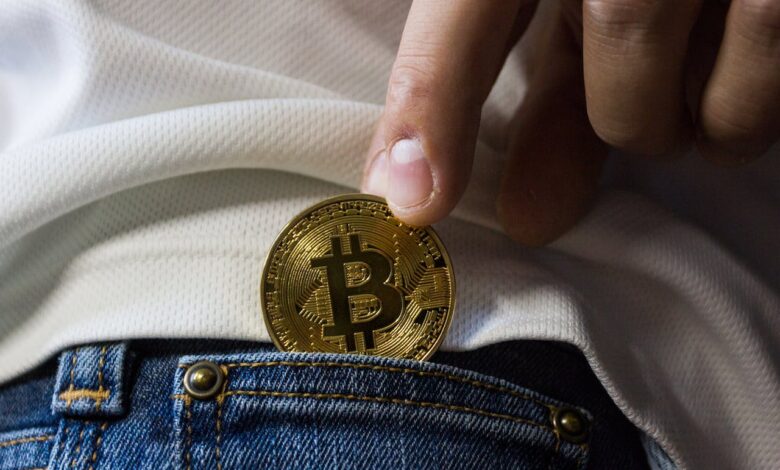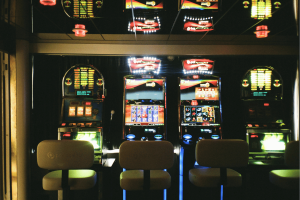
Nearly ten years after its infamous collapse, the Mt. Gox cryptocurrency exchange saga may finally be nearing resolution.
According to a Nov. 22 The Block report, Mt. Gox bankruptcy trustee Nobuaki Kobayashi stated that efforts are underway “to commence repayments in cash within the 2023 calendar year” in an email sent to creditors on November 22nd.
At its peak in 2013, Mt. Gox handled over 70% of all Bitcoin (BTC) trading volume globally. But in February 2014, the Tokyo-based exchange stopped processing withdrawal requests and soon went offline after a still-unexplained loss of 850,000 BTC valued at $450 million at the time. The company subsequently filed for bankruptcy protection in Japan.
Over 24,000 former Mt. Gox customers, now creditors, have been waiting years for remuneration.
This week’s email marks the first definitive timeline communicated for repayment. However, the message cautioned that each creditor’s specific timing remains undetermined.
According to an accompanying notice, the Mt. Gox bankruptcy trustee recently redeemed around $47 million from held assets into cash for the purpose of funding creditor repayments. But with liabilities likely exceeding $6 billion at current Bitcoin valuations, payouts will stretch into 2024 by Kobayashi’s own admission.
Frustrations over the lengthy rehabilitation process have run high among creditors. But concrete progress towards finally settling outstanding accounts brings hope that Mt. Gox’s ghost can ultimately be laid to rest. Still, when customers first discover their exchange accounts drained of hard-earned savings, lengthy legal processes are cold comfort.
The crypto industry has matured since Mt. Gox, with advanced custodial protections, so clients need to fear hacks to a lesser extent — but this is still far from being an issue of the past. As with gold in centuries past, the principle of “if you don’t hold it, you don’t own it” still applies, but this time, the motto is “not your keys, not your coins.”
Featured Image Credit: Photo by worldspectrum; Pexels; Thank you!
Source link




